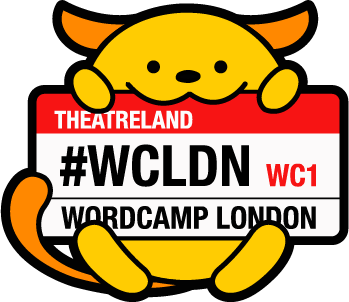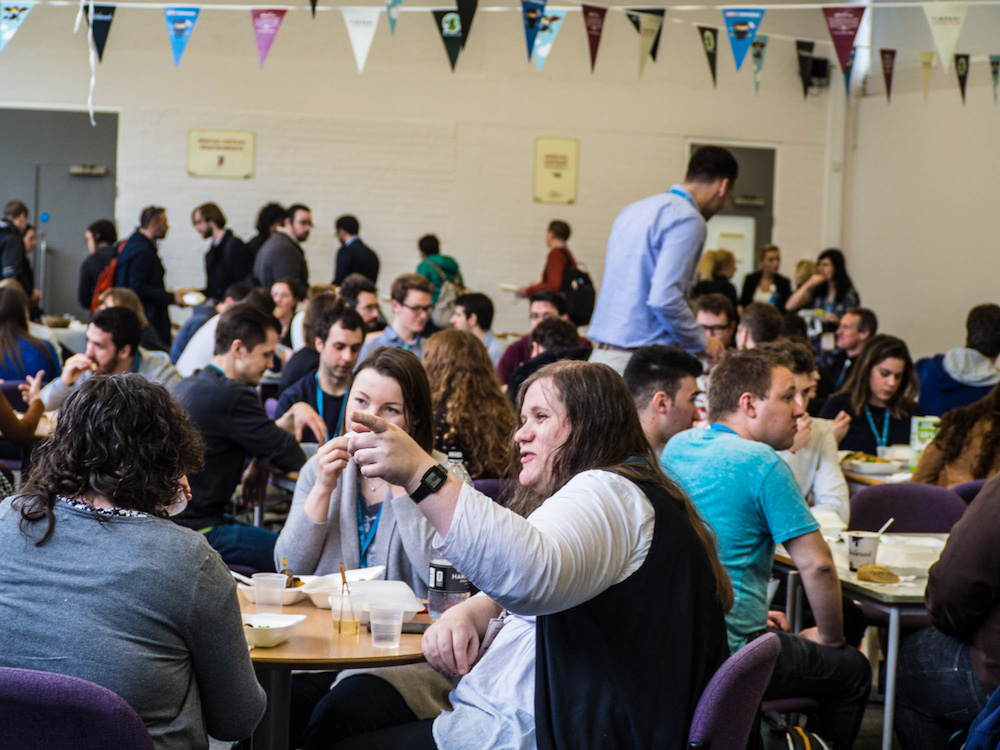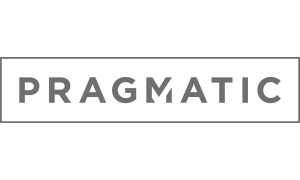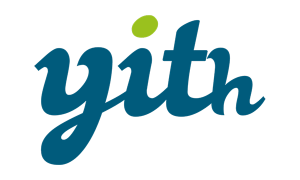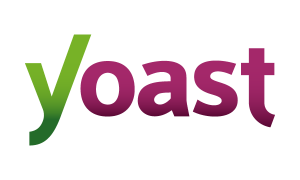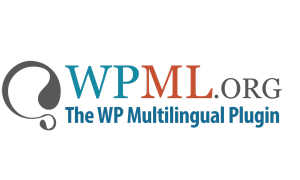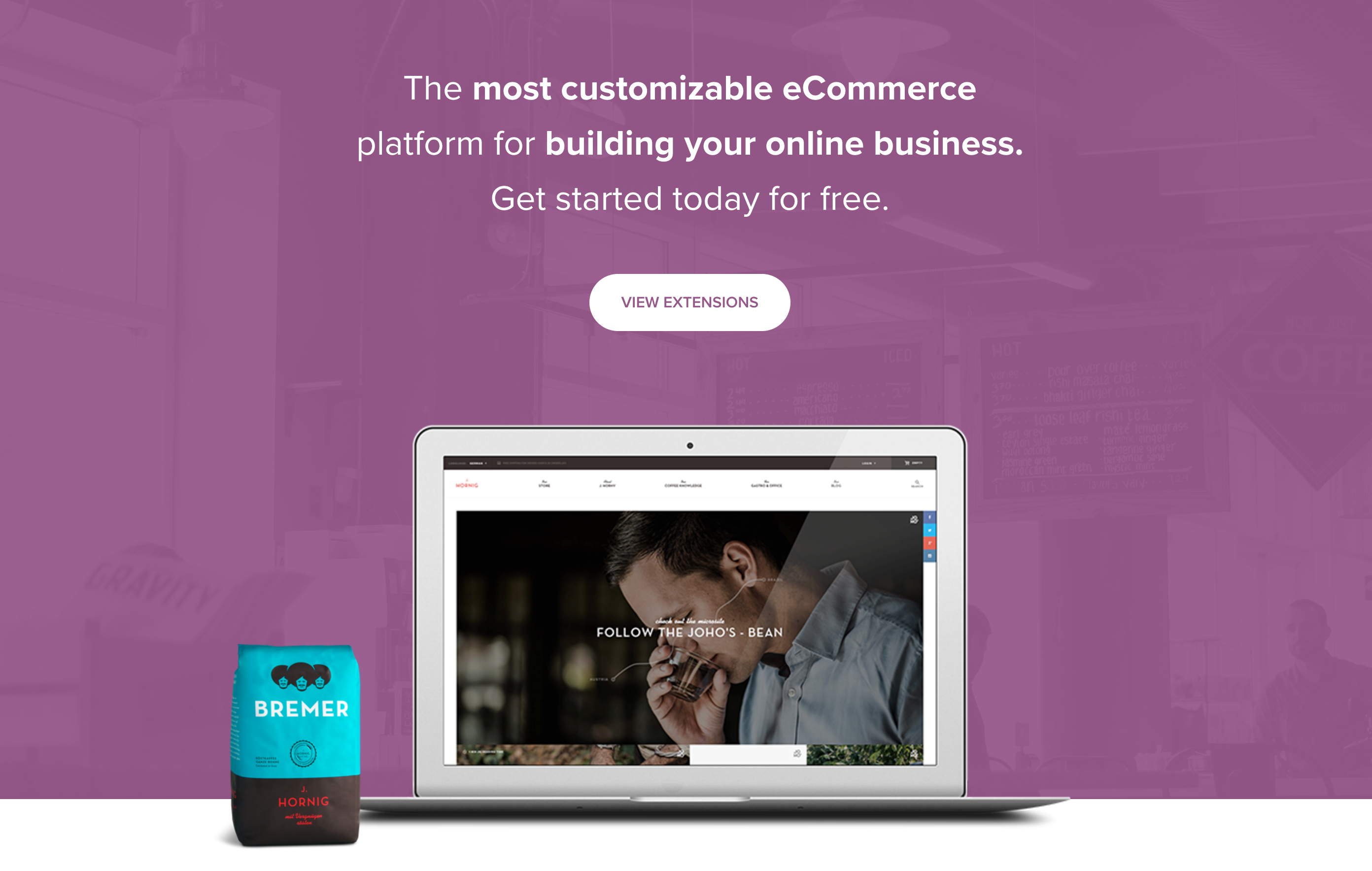I started organising the 2017 edition knowing it would be my last year. WordCamps have a two-year rotation for every lead organiser, and as I have now lead 2016 and 2017, it was time for me to hand over.
It was hard letting go of a project that I’d grown so attached to and I was worried WordCamp London might not have a lead organiser after I left. For me to give it up happily and not worry, meant having the confidence in the team.
Every year that I have led a WordCamp, I created a specific goal for the organising team. In 2016 our goal was accessibility, and making WordCamp London the most accessible event it could possibly be. With that, I asked the whole team to come up with any accessibility improvements within our means, and go with it.
In 2017, I drew up a new goal: to create a living legacy. With that, I realised that I needed to accept that the event would outgrow my time with it and the best thing I could do was to create a smooth transition from one organiser to the next. To give the event the best chance of outliving me, we had to ensure that the information and decisions were not lost and were properly documented and accessible.
Organising Team
2017 was an almost copy of the 2016 event. The organising team doubled; from 7 to 14, and many of organisers were organising a WordCamp for the first time. The reason we took on more people was because we wanted to reduce the pressure of any one role and spread the amount of work more evenly, as well as the time commitment required from each person.
We also added new roles; Runner & Handbook. The Runner role was able to step in and offer help whenever they could.
The handbook team were tasked with writing a localised handbook. Think of it as a love letter to future organisers and check it out wcldn.wordpress.com. It is not finished, or final, but the idea is that you can see why we do stuff, and have some context for the decisions we made. There’s a history trail here, which is – admittedly – a bit patchy in parts.
With the conscious decision to add in more organisers, we paired organisers so that each group had someone who ran the year before and someone new to the group. This was to create knowledge share pools and help onboard more organisers.
Communication
We also continued the team’s tradition of organising in the open with a WordCamp London channel in the UK WP Community Slack workspace. It meant that anyone could talk to an organiser, watch our discussions and weekly meetings play out, and inform us of any potential issues before they became problems. What is really cool is that some of the people who lurked in the channel became organisers because they were actively helping us already.
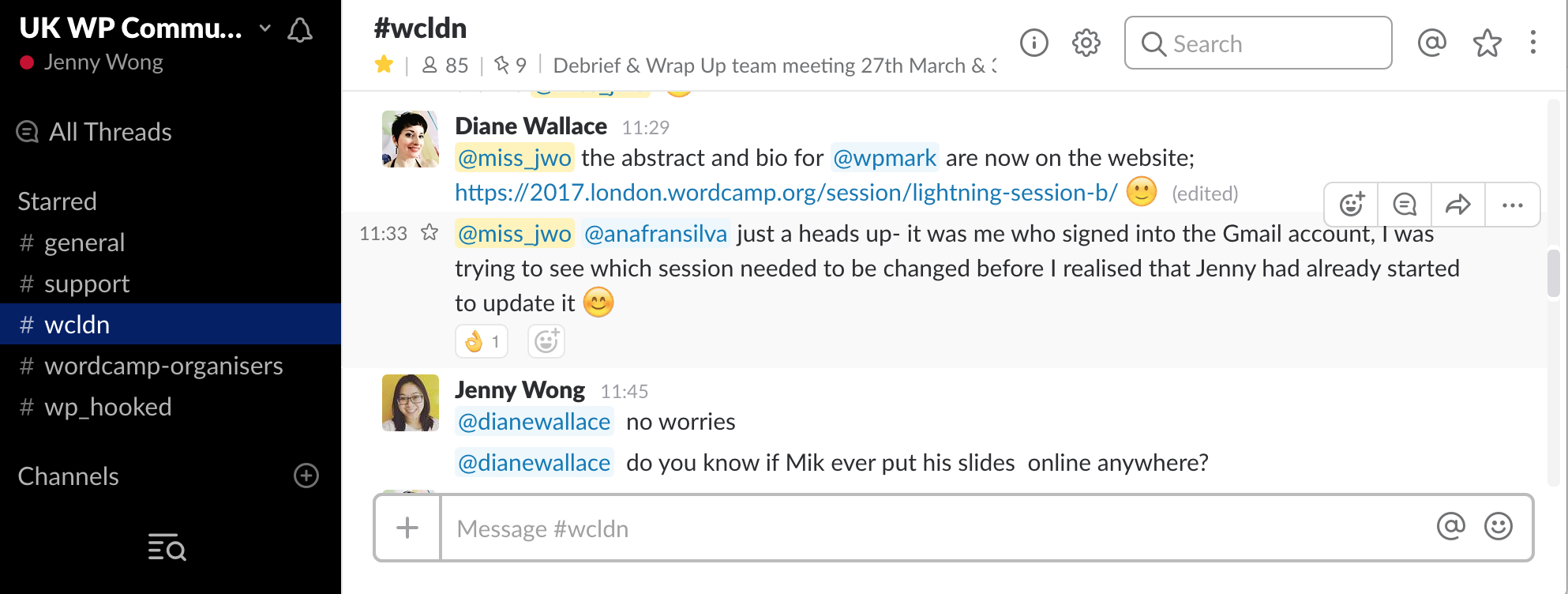
Working with more people creates different problems. Last year it was a small team, so keeping in contact and being aware of everyone was easy. When you have a bigger team, finding times that suit all schedules is hard. We used a P2 to keep track of any larger issues and asked everyone to post weekly updates regardless of the amount of work they did so we knew if people were struggling or needed help. We also used the P2 to post our weekly update notes so that anyone who wasn’t around for the meeting could catch up.
Another major change was the creation of the Playbook. It was after the team got annoyed at the amount of repeated questions I had about the status of vendors and speakers, that they suggested I wrote the answers down somewhere. We had spreadsheets and documents all over our shared folder, but finding one answer quickly when you were not the person responsible for that part of the event was difficult.
We found by creating a document that had all the concrete answers, it enabled the team to check what things were set in stone and what issues needed to still be worked on. We also realised we could use the Playbook to confirm with vendors such as the venue managers who used it to agree room requirements. We also sent it to all the volunteers so they knew exactly what the organising team plans were, and so they had a good idea of how we expected the event to run.
At the last minute, we decided to print these and place hard copies in every track; at the control desk; and in the organisers room, for those who wanted one. It meant that any person could find out what was expected and had been agreed upon. When the afternoon tea cakes didn’t show up, I was able to flick to the book and check what we had agreed with the vendors.
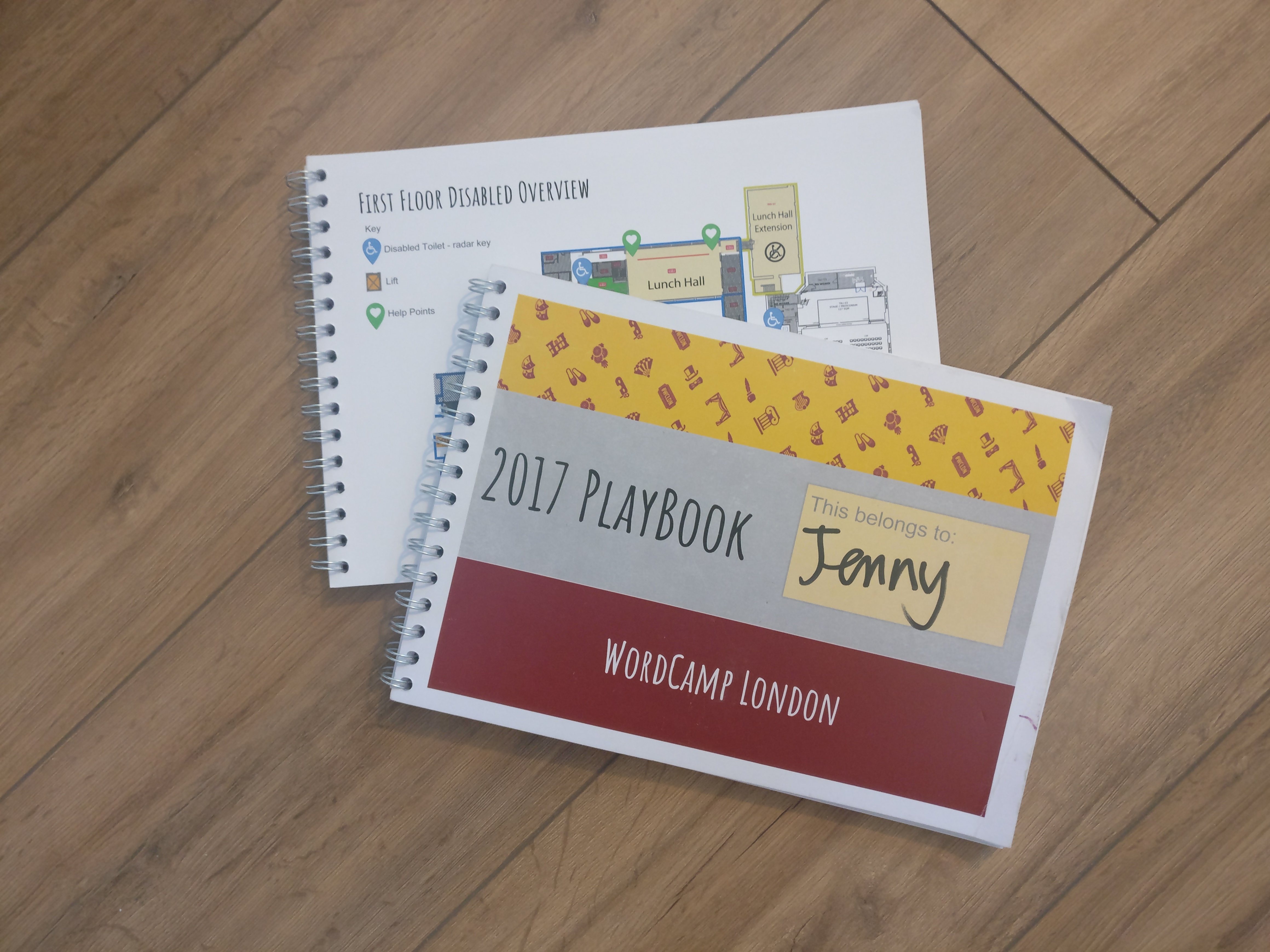 Printed copies of the Playbook
Printed copies of the Playbook
The difference the playbook made was tenfold. In 2016 I felt like a headless chicken, and it showed. I was exhausted by the end of the event because everyone was asking me questions.
In 2017, I ended up being worried about the lack of questions people had for me. Brain dumping everything I was expecting, and that the team had agreed, meant people could self-organise and take an initiative with the information they had in the Playbook. It made for a very relaxed event to organise, and I hope it showed.
Budget
We had the same commitment to accessibility as 2016, but we found that sponsorships were harder to find this year.
What I think worked to our advantage was the openness of our budget, and with the accounts all finalised, we have created a summarised budget.
You can also find the full budget here.
Beady eyed readers will notice we made a profit of £857.37 which, like all other WordCamps, will go back into the global community fund for other WordCamps to use.
Team Effort
I want to thank the organising teams that worked with me both on 2016 and 2017 editions of WordCamp London.
Many people have thanked me for the event, but it was truly a team effort.
To give you a taste of what it was like working with the team here are some memorable moments:
- There was a moment this year when one of the team members fell ill and was hospitalised two weeks prior to the event. I was crazy stressed, and debating how I was going to take on the work that this person was doing, when the team came on Slack and said to me “What do you want me to take over?”I did not have to ask the team to pitch in and help out, they came and asked how they could help.
- The amount of times the team vetoed my suggestions was often. One that sticks in my mind is when I suggested that t-shirt design should be on the left breast like a school crest and the team vetoed the idea.
- The pie filling discussions we had.
- The team and some volunteers came into London a day early and stayed up with me all night to sticker up all the allergies onto badges, arrange them alphabetically, check we had the correct signage, highlight missing signage, and put an express order into the printers.
- Running out to by fabric to hide some terrible signage the venue had.
This is some examples of how organising WordCamp London has been a team effort and an absolute joy. I could talk for hours more about my adventures with the team.
The team helped me create an event I am proud of. Without them, it would have not been possible. They constantly helped lift multiple weights from my shoulders and I can not thank the team enough for their willingness to organise the event with me.
Final Note
I am sad to be stepping back from WordCamp London organising, but I am also very proud of the event that we have created.
To the future organising team,
Have faith in yourselves, the way I have faith in you. I will be cheering you all on from the sidelines.
To the sponsors and vendors,
It has been a blast! Thank you for giving us the means to put on an event that will always be dear to me.
To everyone,
Thank you for all your support. It has been a great honor to lead the event for the pass 2 years and I can’t wait to join you all as an attendee!
Every session now has the video, slides and transcriptions published so please go and see any sessions you missed at the event.
I can’t wait to see how this event develops and what the community does in the future.
Over and out from me.
Jenny
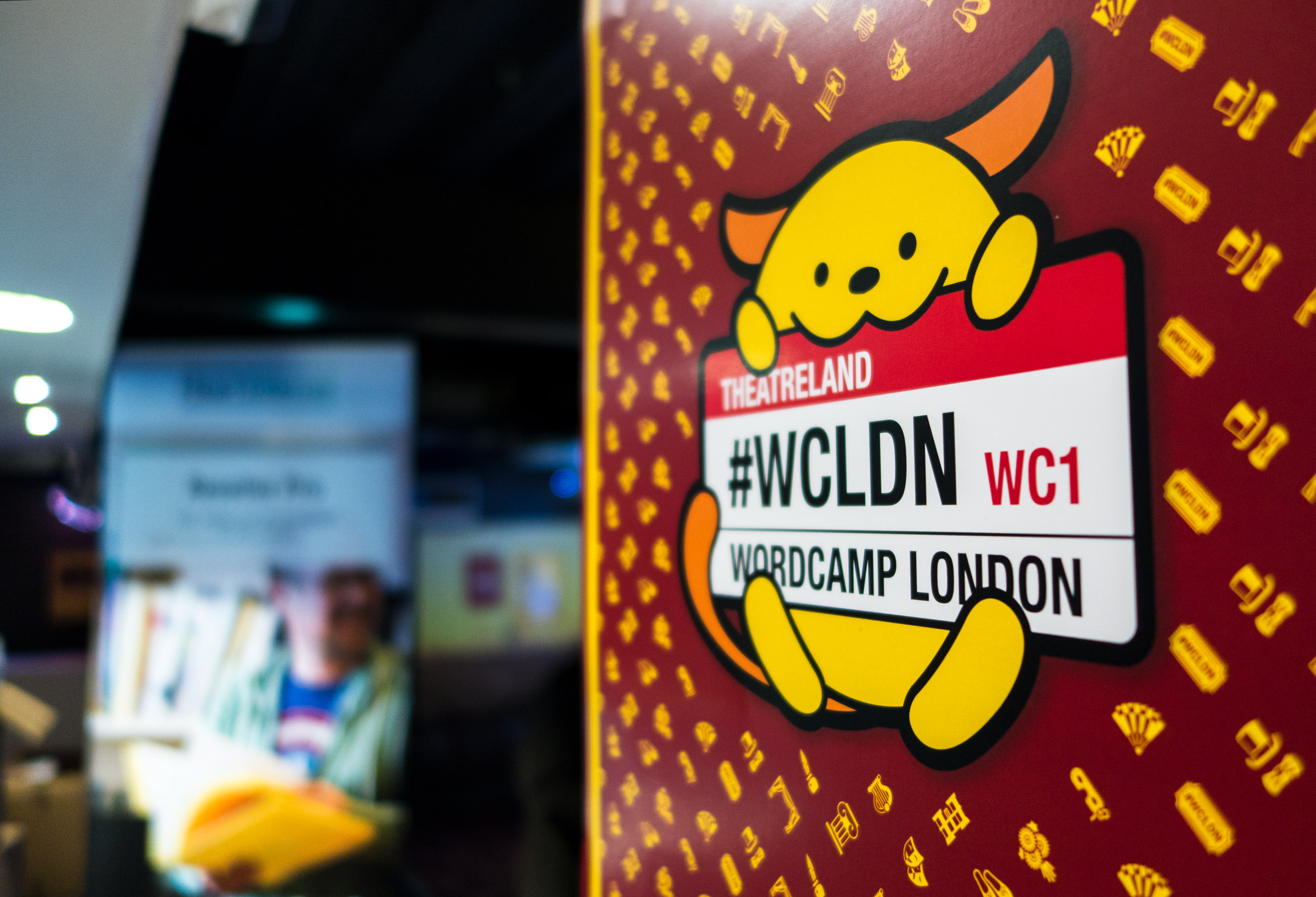
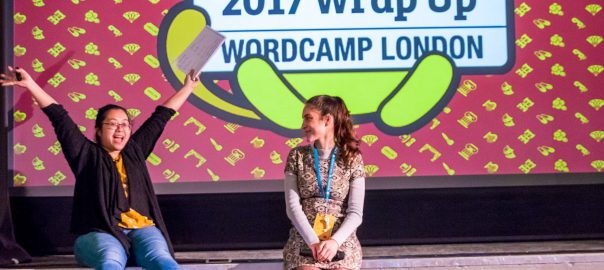

 Printed copies of the Playbook
Printed copies of the Playbook